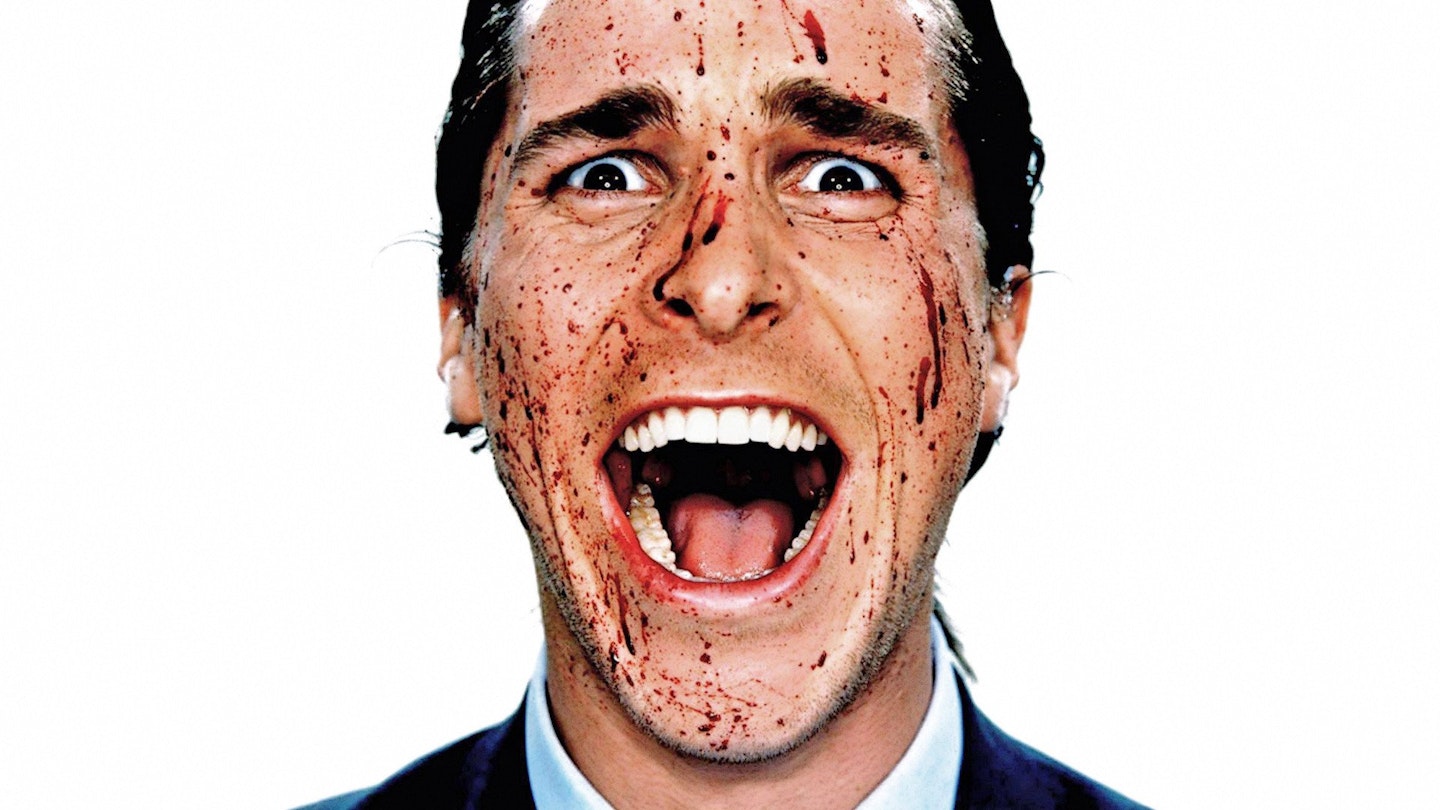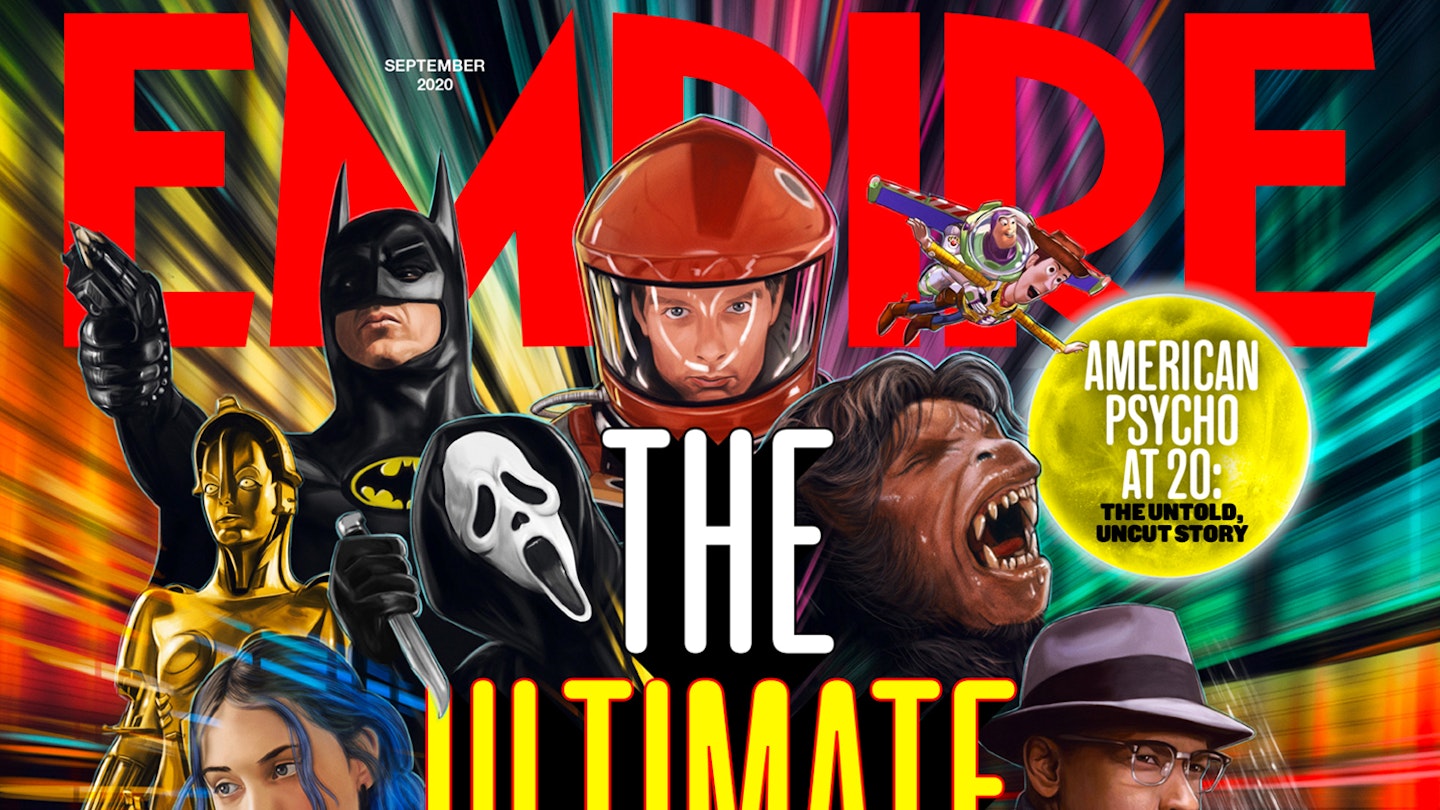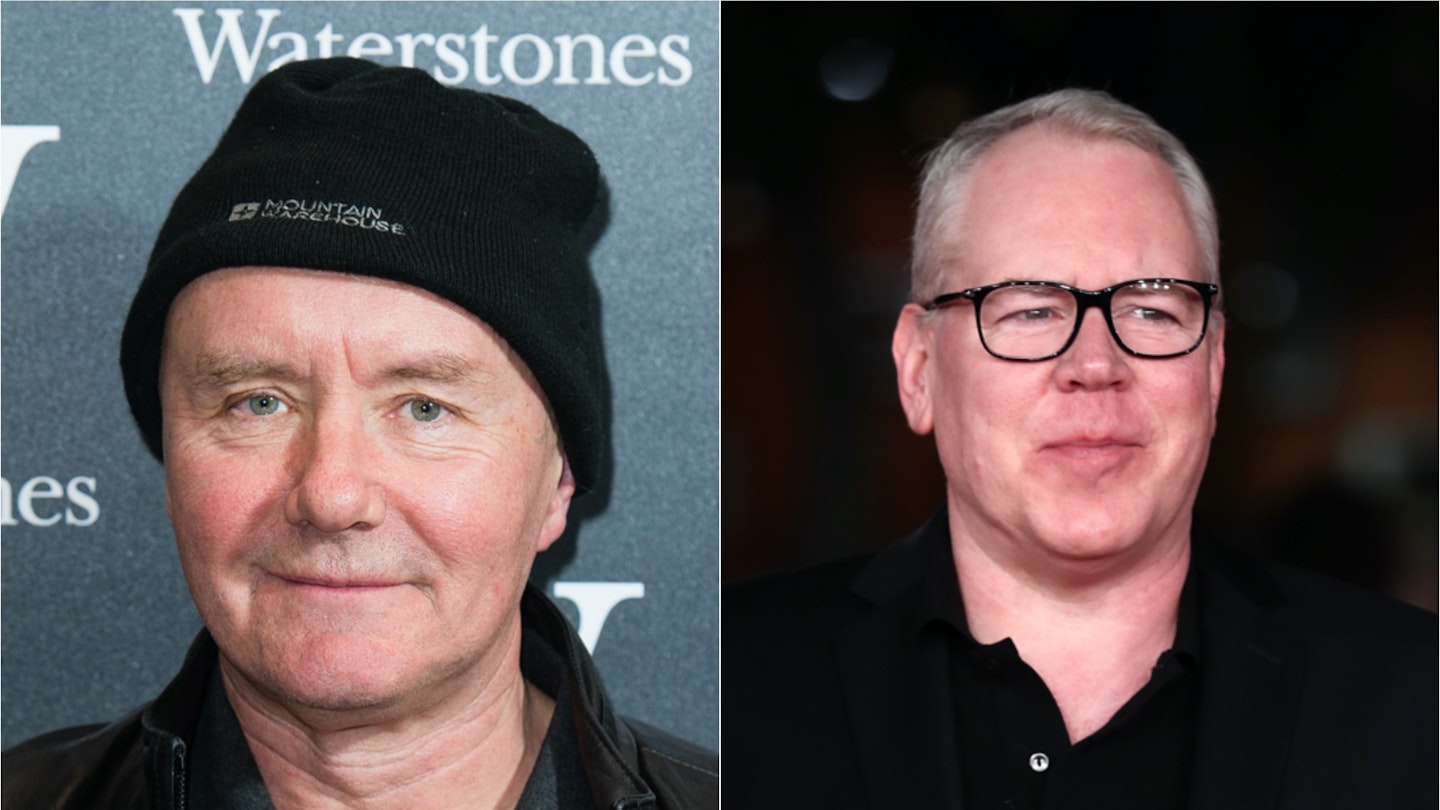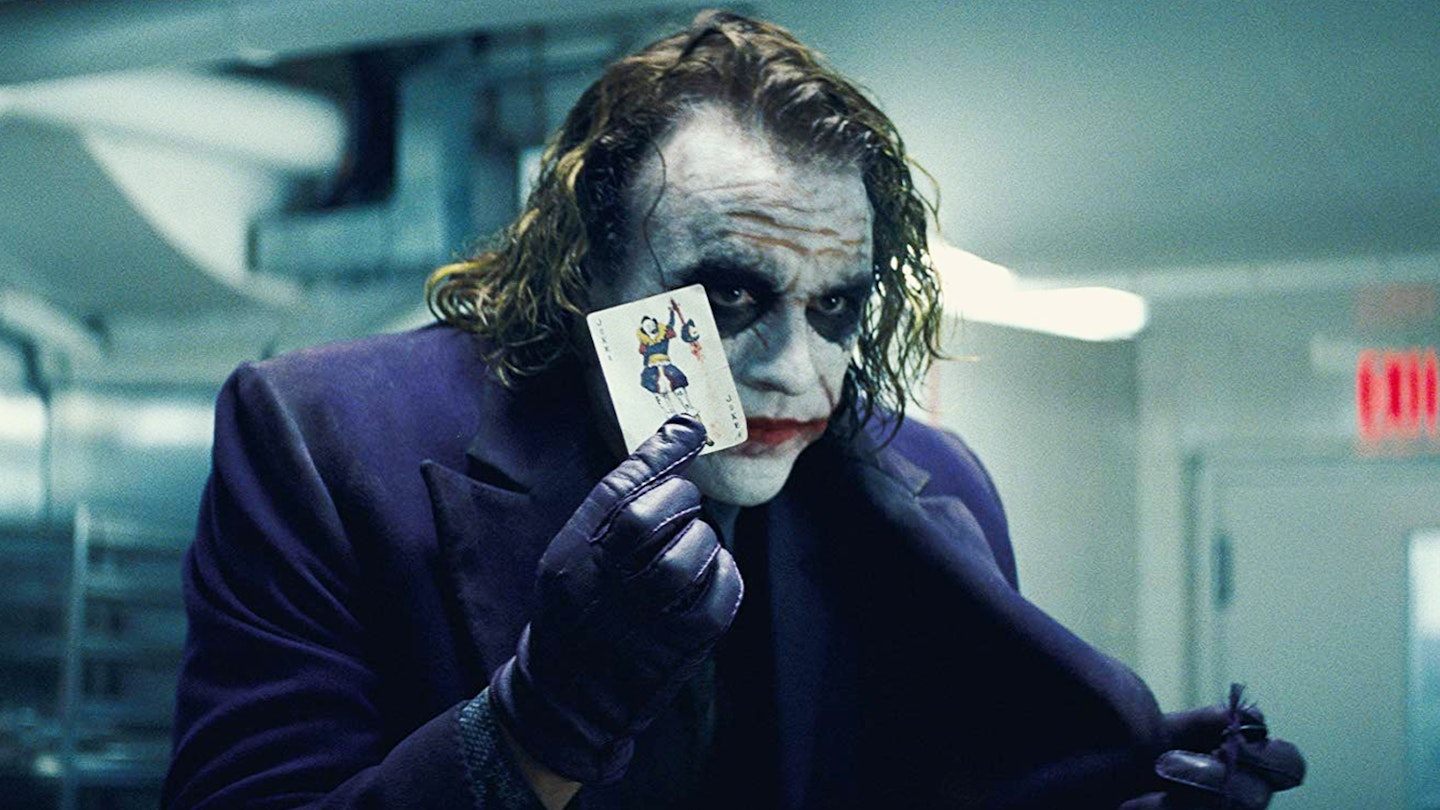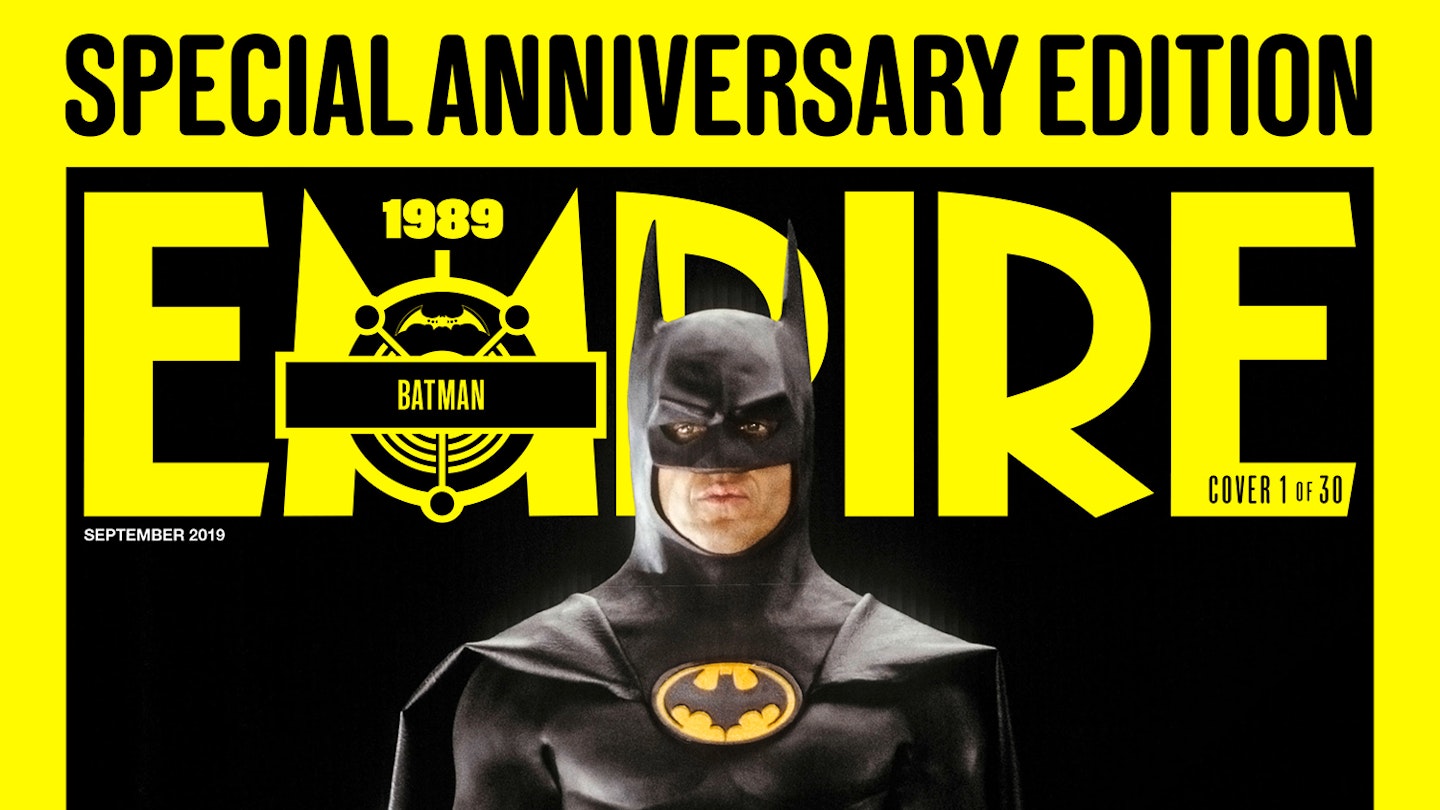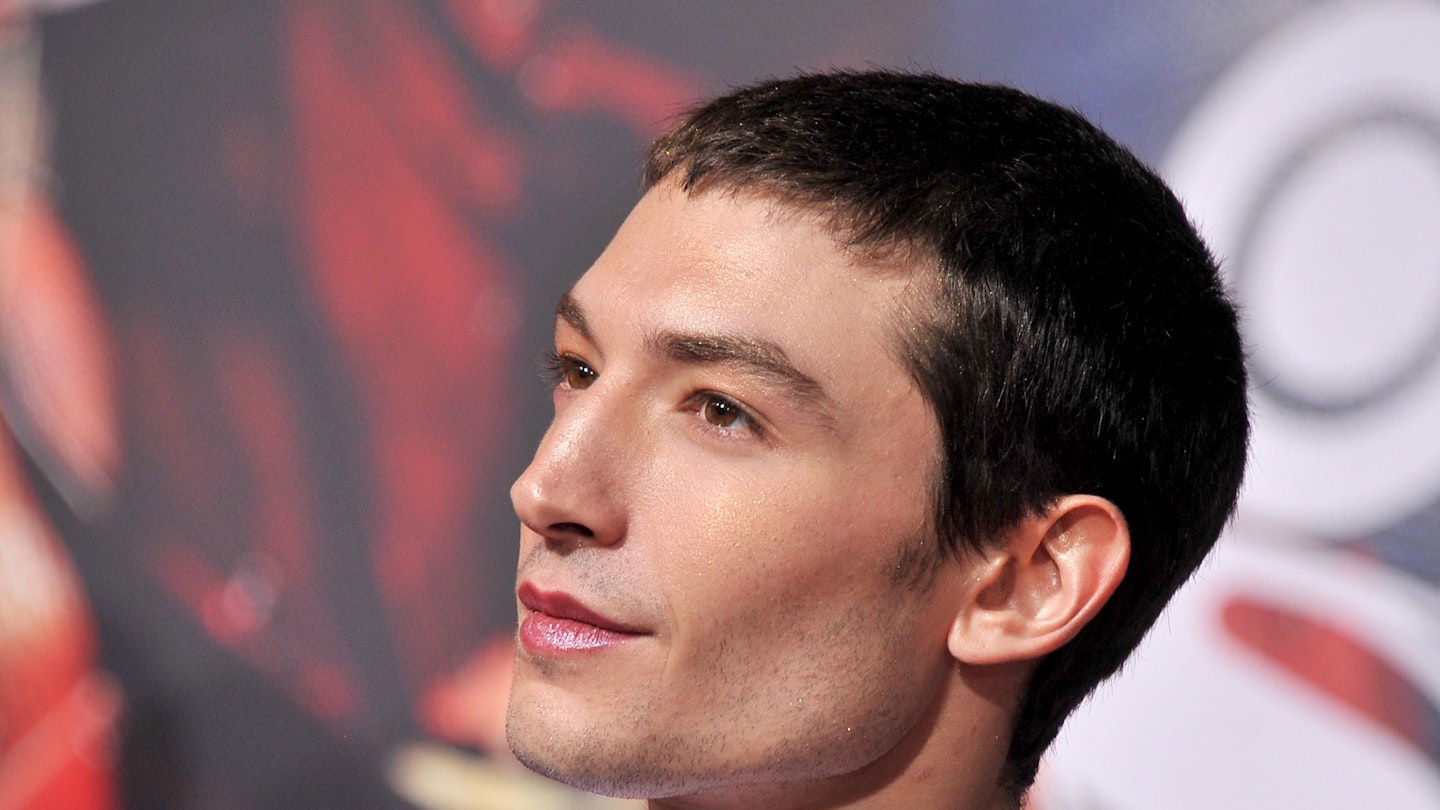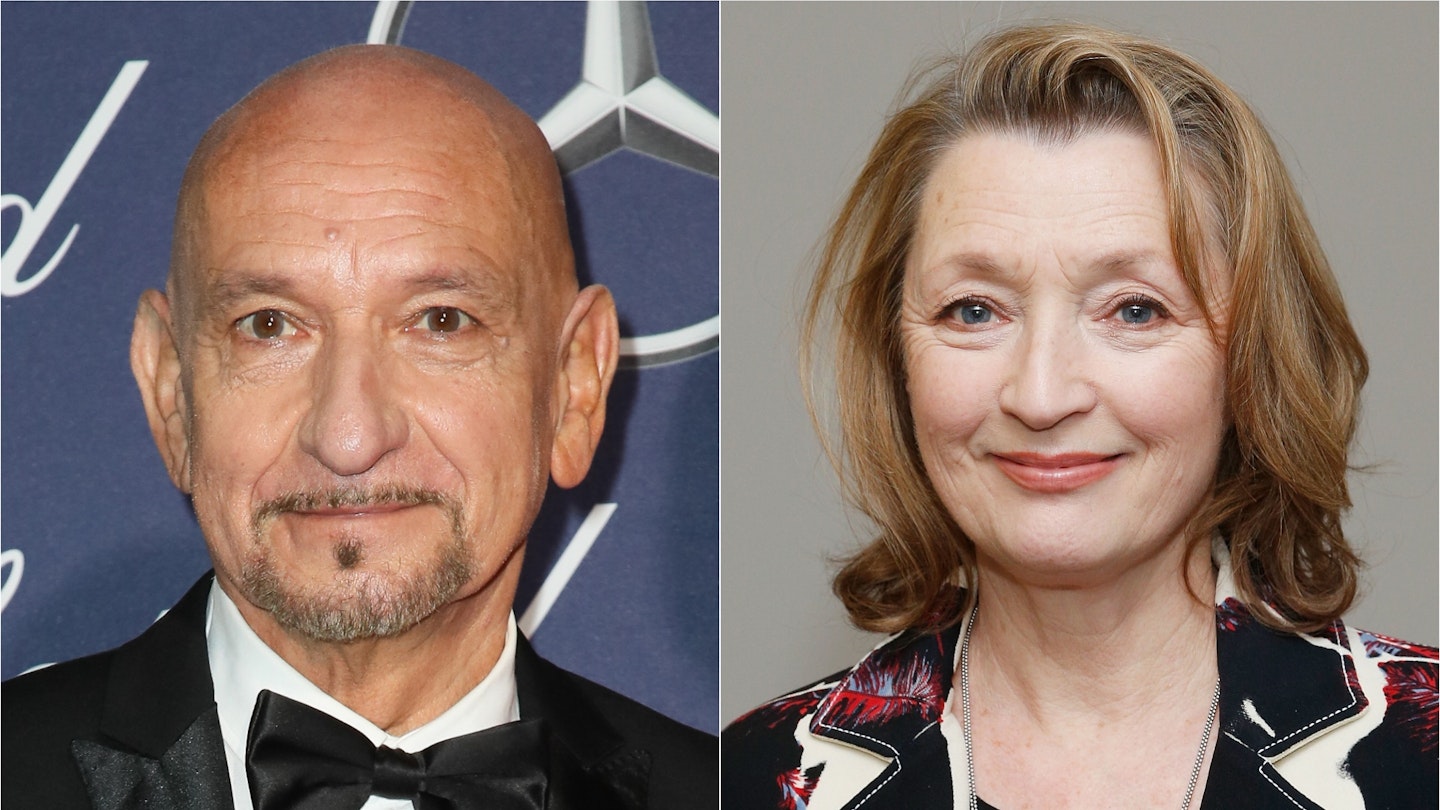Published in 1991, Bret Easton Ellis' third novel was greeted by howls of hatred more appropriate to a small war in the Third World or another Golan-Globus Lemon Popsicle sequel. A first person report from inside the mind of Patrick Bateman, who epitomises the ills of the 1980s by combining the professions of Wall Street broker ("mergers and acquisitions") and serial killer ("murders and executions"), the book was widely misinterpreted as a hideously misogynist tract that used explicit violence to draw attention to a thinly-plotted pretend thriller with dollops of surface-level satire.
There has always been the threat of a film, with such scary names as Oliver Stone, Brian De Palma and David Cronenberg in the ring - but the project has fallen to Mary Harron, the ex-BBC documentarian who made an underrated debut with I Shot Andy Warhol, who has cannily brought aboard the apparently unlikely Guinevere Turner (the lesbian icon from Go Fish) to co-write and play the funniest victim. The result is the best imaginable film of very difficult material; it doesn't say much more than, "The 80s were shit," but manages exactly to catch the all-surfaces, dazzlingly obsessive tone of the novel, making its points by treating all subjects - nouvelle cuisine, MOR rock music, fitness kicks, clothes, personal grooming - with exactly the same pornographic attention to detail as the sex and violence.
Like the book, the film makes a point of not having a real plot: a smooth PI (Dafoe) seems set to nail the killer for the murder of a rival trader (Leto), but fades into the wallpaper along with the crime itself. Bateman, played with dead-inside charm and mounting hysteria by an astonishing Christian Bale, invites us into his world of reservations at exclusive restaurants and competitions over the quality of business cards. His detours into murder - prefaced by detailed speeches about now-embarrassing musical enthusiasms ("You actually own a Whitney Houston CD?" gasps Turner through contemptuous laughter. "More than one?") - are hardly more bizarre and tasteless as everything else in his life. In the end, the scariest thing about Bateman is not that he's a Lecter-like freak - his crack-up in the last act brings him horribly closer to humanity - but that he is no worse than everyone else in his world, except humane-but-dim office minion Sevigny, whose role is to make the film bearable.
As for the horror: Harron is mostly very discreet, but delivers one terrific apartment-of-grue sequence as Bateman's life falls to pieces along with many victims, featuring a truly nerve-shredding chainsaw sound effect.
